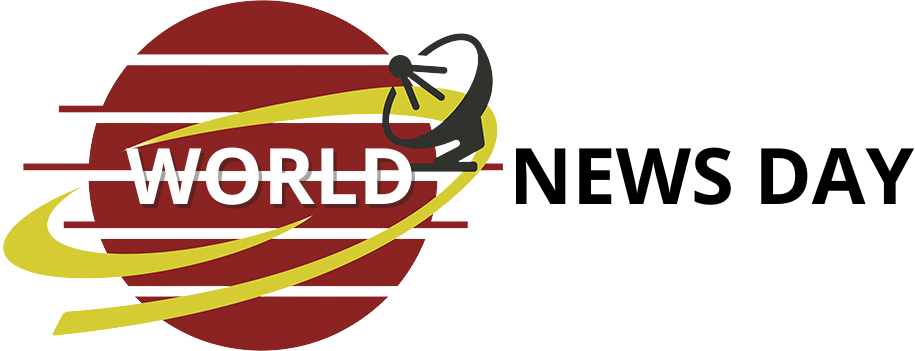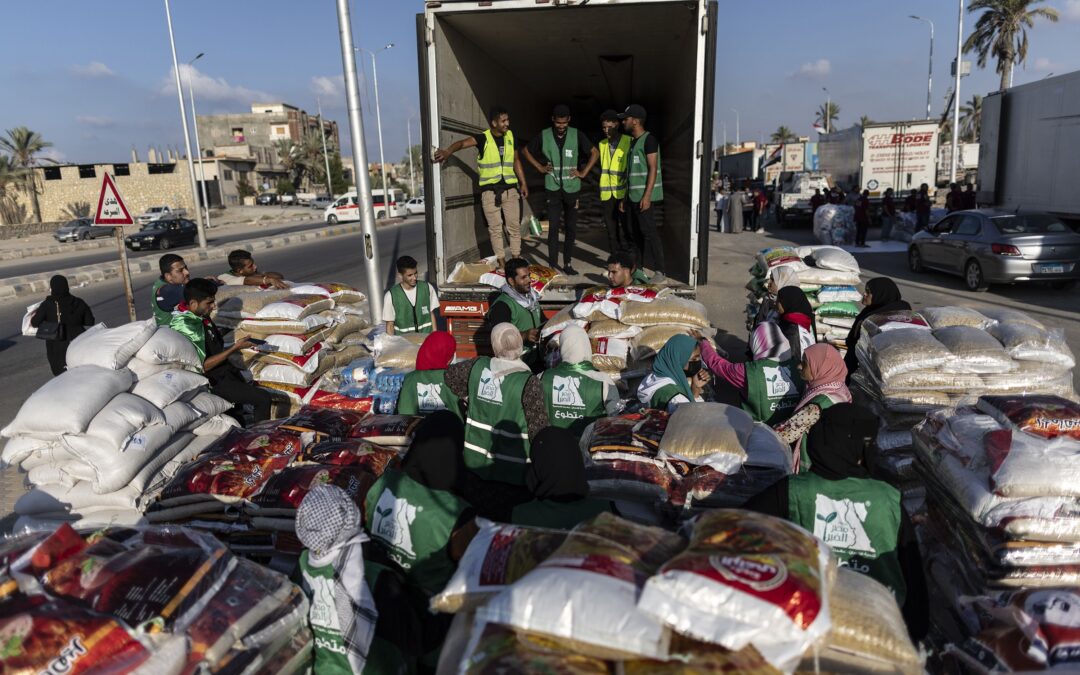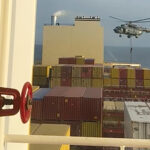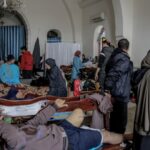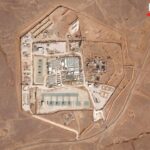What we’re covering
- Israeli PM Benjamin Netanyahu brushed off mounting criticism of plans to enter Rafah, saying telling Israel not to enter the southern Gazan city was like telling the country to lose the war. Speaking to ABC, he pledged to provide safe passage for civilians but offered few details.
- There is a growing chorus of alarm over the operation in Rafah, home to more than half Gaza’s population. Key mediator Qatar warned of a looming “humanitarian catastrophe” while Saudi Arabia said there would be “serious repercussions.”
- Hamas meanwhile said that an Israeli ground offensive in Rafah would mean the end of hostage negotiations. A Hamas source told Al-Aqsa TV Netanyahu was trying to “evade the obligations of the exchange deal.”
- In northern Gaza, residents describe “total destruction” left by Israeli military operations, with some families resorting to drinking toilet water to survive. Even with the focus on the south, fighting has continued sporadically in the north.
- Here’s how to help humanitarian efforts in Israel and Gaza.
Why only a trickle of aid is getting into Gaza
Lengthy inspections, rejected humanitarian aid and Israeli bombs raining down. Those are some of the hurdles to relief reaching the 2.2 million Palestinians in war-torn Gaza.
The United Nations’ Under-Secretary-General for Humanitarian Affairs and Emergency Relief, Martin Griffiths, has described the process as “in all practical terms, impossible.”
Gaza was placed under a complete Israeli siege on October 9, when Defense Minister Yoav Gallant said he would halt the supply of electricity, food, water and fuel to the enclave after Hamas attacked his country, killing 1,200 people and taking more than 250 hostages. Israel has since begun allowing some aid to enter.
Getting any form of relief into Gaza is a long and arduous process, aid workers and the UN say.
An average of 95 aid trucks per day entered Gaza between October 10 and February 1, according to the Palestinian Red Crescent, down from 500 commercial and aid trucks a day before the war, when Palestinians weren’t facing mass displacement and starvation. Some 2 million Gazans are dependent on UN aid now.
Relief operations are expected to be further hampered after the United States and other top donors suspend funding for UNRWA, the main agency responsible for aid distribution in Gaza. The donors pulled their funding over allegations by Israel that some of its staff were involved in the Hamas attacks.
